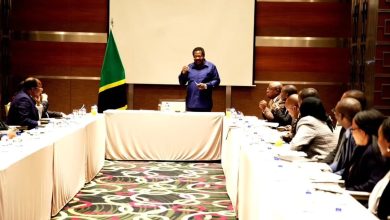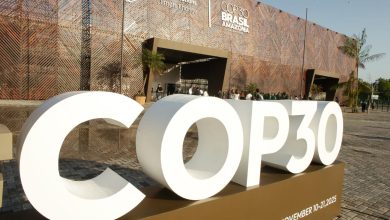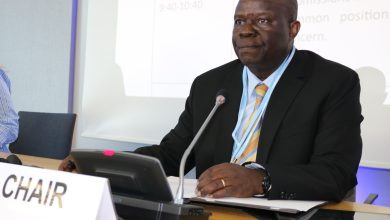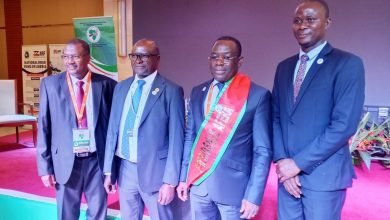Africa sees unjust economic system as a source of poverty
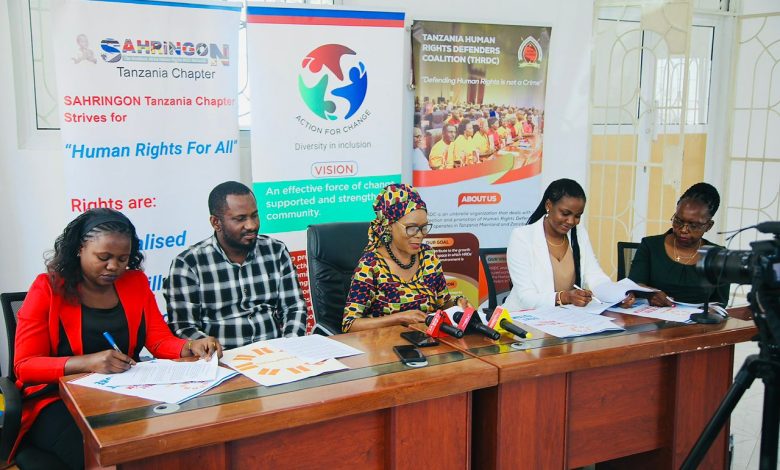
DAR ES SALAAM: CIVIL society organizations from various African countries said poverty in Africa is not an accident, but a result of an unjust economic system,” emphasizing that what the continent needs is justice, not charity.
The meeting was championed by the Global Call to Action Against Poverty(GCAP Africa)
This message was delivered by Martina Kabisama, National Coordinator of the GCAP Tanzania Coalition and the National Coordinator for Sahringon Tanzania Chapter, during a press briefing held in Dar es Salaam.
Kabisama noted that delegates from Tanzania and other African nations have presented urgent demands regarding economic, gender, and environmental justice, asserting that current global financial systems have failed to bring genuine development or respect the dignity of African people.
She stressed the need for policy and systemic reforms to ensure national finances are directed towards public services, improved living standards, and human rights, rather than being used to repay debts or export raw resources at exploitative prices.
Nuru Maro, Coordinator of the Global Call to Action Against Poverty in Africa, echoed these sentiments, stating that the poverty witnessed across the continent is a consequence of oppressive systems and a global governance structure that lacks democracy and continues to suppress Africa.
Maro traced Africa’s marginalization back to colonial times, when the continent’s natural resources were looted and shipped to foreign countries. He emphasized that, despite being rich in resources, Africa remains poor due to persistent reliance on exploitative systems that hinder economic growth and self-determination, especially in controlling its financial mechanisms.
ALSO READ: ‘Effective tax policy key to end poverty’
He called upon the international community—including major world powers, development partners within and outside Tanzania, civil society groups, and financial institutions such as the World Bank, the IMF, and the United Nations—to recognize the urgent need for economic transformation founded on justice and democratic principles for Africa.
On the subject of debt, Maro pointed out that many African countries invest more in debt repayment than in essential public services. He described such debts as unfair, citing that African countries are often subjected to higher interest rates than other borrowers.
Maro urged the United Nations to take strong actions such as cancelling unjust debts and reforming the global financial system and institutions that perpetuate inequality.
He also illustrated the lack of tax fairness in global investment practices. For example, while Tanzanian investors must comply with all legal and tax regulations when investing in Western countries, foreign investors operating in Africa often avoid paying taxes, conducting business for extended periods without contributing fairly to national revenues.
On her part, Agness Lukasola, Environmental Rights Officer from the Tanzania Human Rights Defenders Coalition, called on both national and international development stakeholders to reassess current investment laws. She noted that the world has changed, and it is now crucial for such laws to reflect current realities, placing people’s welfare and environmental protection at the forefront, rather than solely prioritizing commercial interests as seen in outdated global investment agreements.


